Teachers Earn Certification
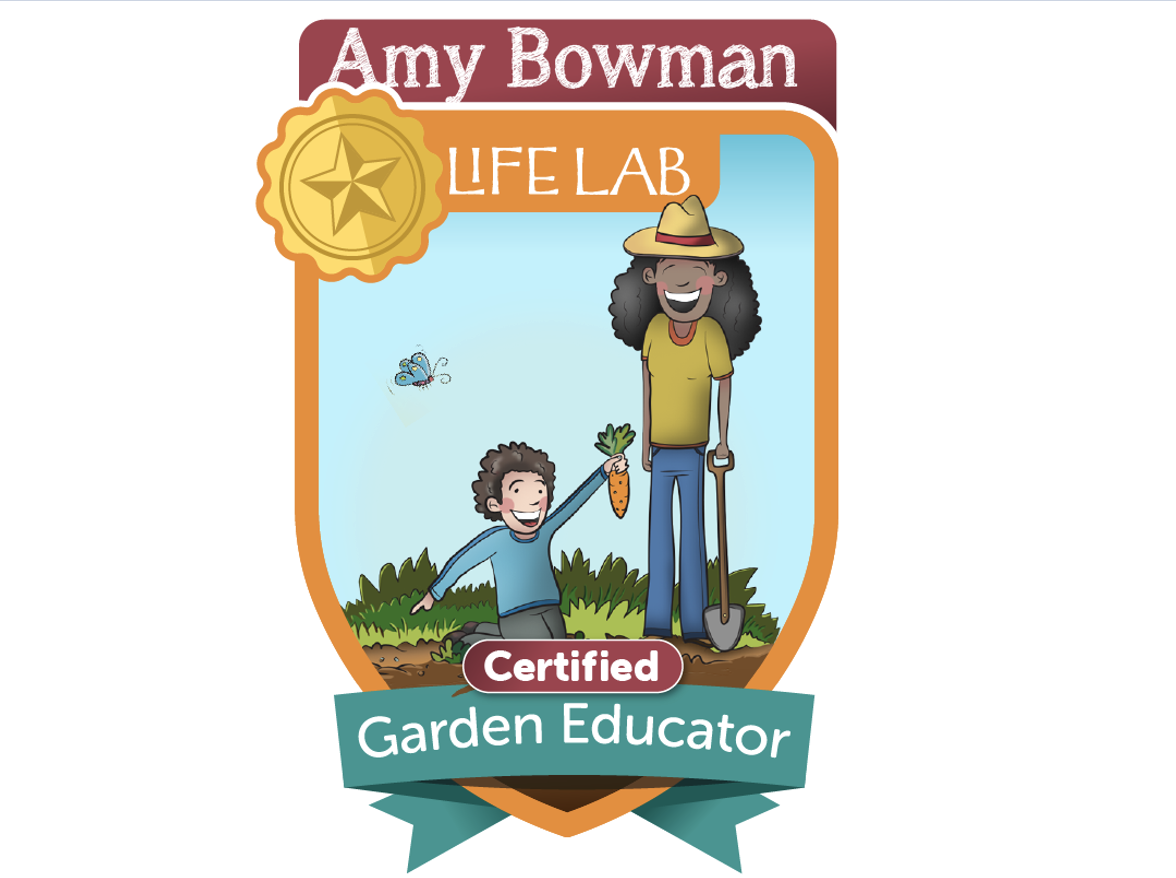
Congratulations to those teachers across the nation who were part of the first cohort to become Life Lab-Certified Garden Educators. Amy Bowman and Doug Vernon, our Plants for Human Health Institute STEM Education duo, completed the certification as did three teachers in the Cabarrus County School System.
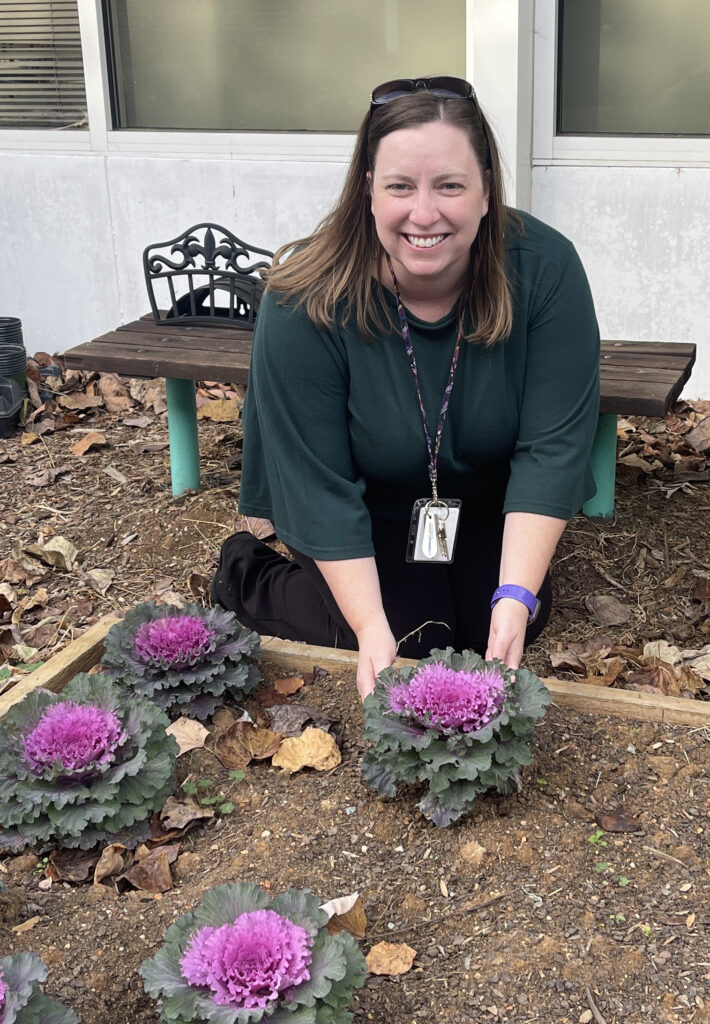
Megan Charlton
District STEM Coach K-8
JN Fries Middle and Beverly Hills Elementary
Q: What does being a Certified Life Lab Educator mean to you?
A: It means that I am qualified to lead a garden program and teachers are more confident in my ability to instruct them and their students on creating and maintaining a garden. I used to joke that I had two black thumbs and two school gardens. Now I can confidently say I have two school gardens and I know what I am doing! I have significantly increased my “big picture” garden leadership knowledge so that our program can remain sustainable.
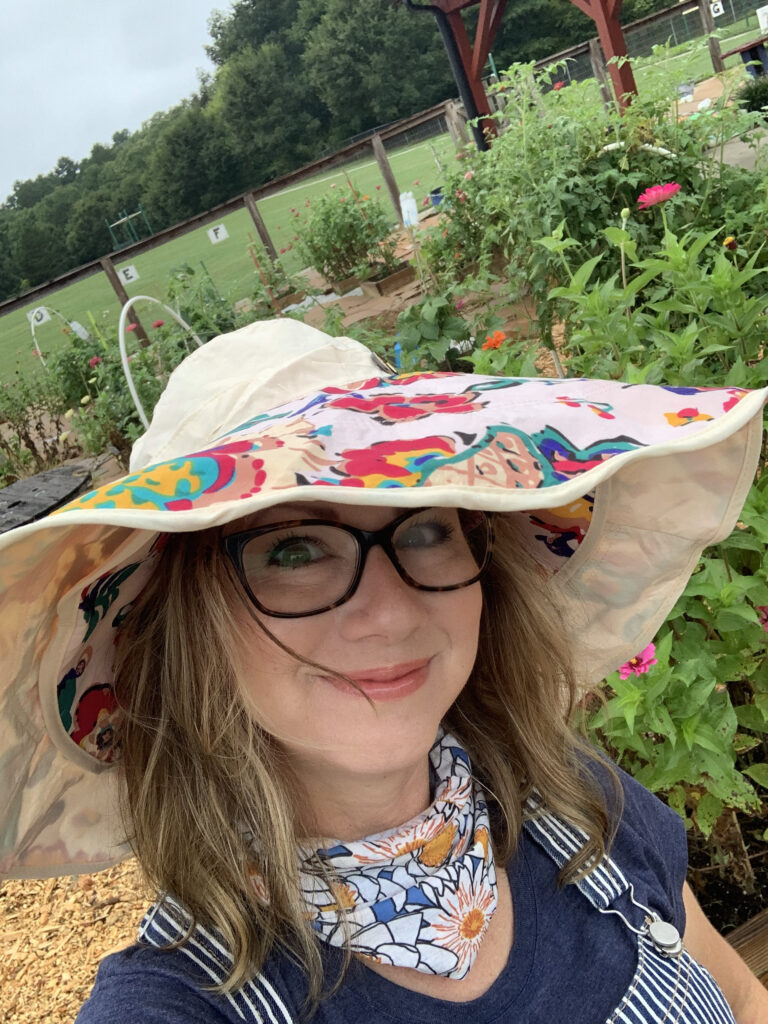
Janet Childress
GROW Lab & Integrated Gardens Facilitator, K-5
A.T. Allen Elementary
Q: What does being a Certified Life Lab Educator mean to you?
A: The certification course proved to me that my role as a Garden Educator was valued and worthy of professional development tailored to my specific niche. The coaching sessions helped me to capture the essence of my vision for our school garden program, bring into view a clear focus of our purpose and mission, and outline the next steps for the future of our gardens.
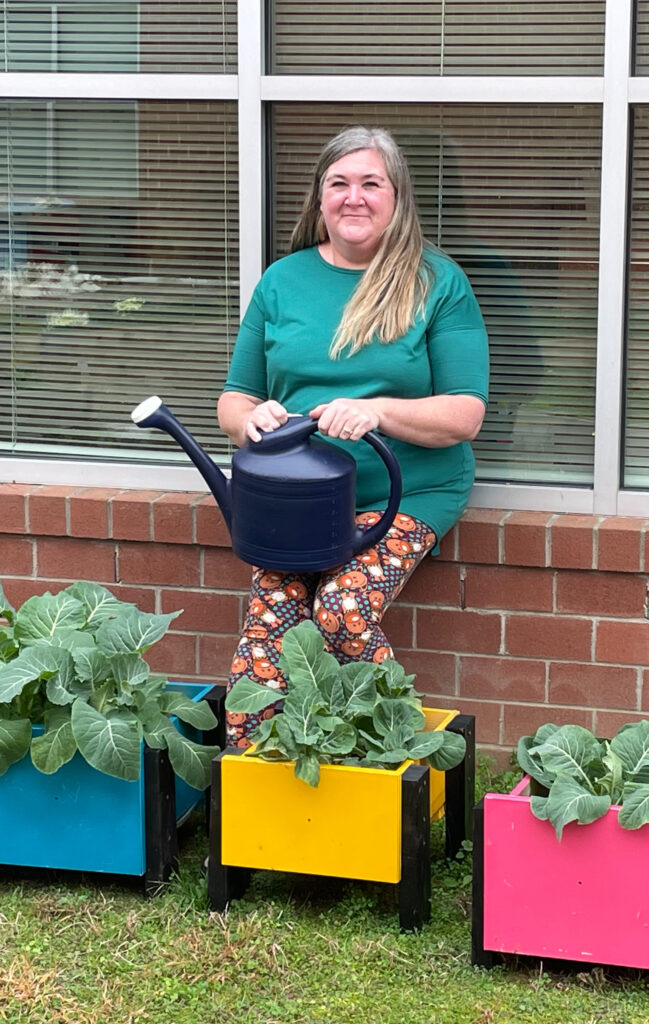
Jill Staton
K-5 STEM Teacher
Patriots STEM Elementary
Q: How did the certification benefit you?
A: I am able to teach others about the importance of the garden and human impact. The lessons that were created and shared with us from Life Lab are high quality and adaptable for standards across the content areas. This enables me to reach many different areas with all of my students. This course has given me confidence in how to use the garden to teach and validates that school gardens are truly a benefit to students and staff.
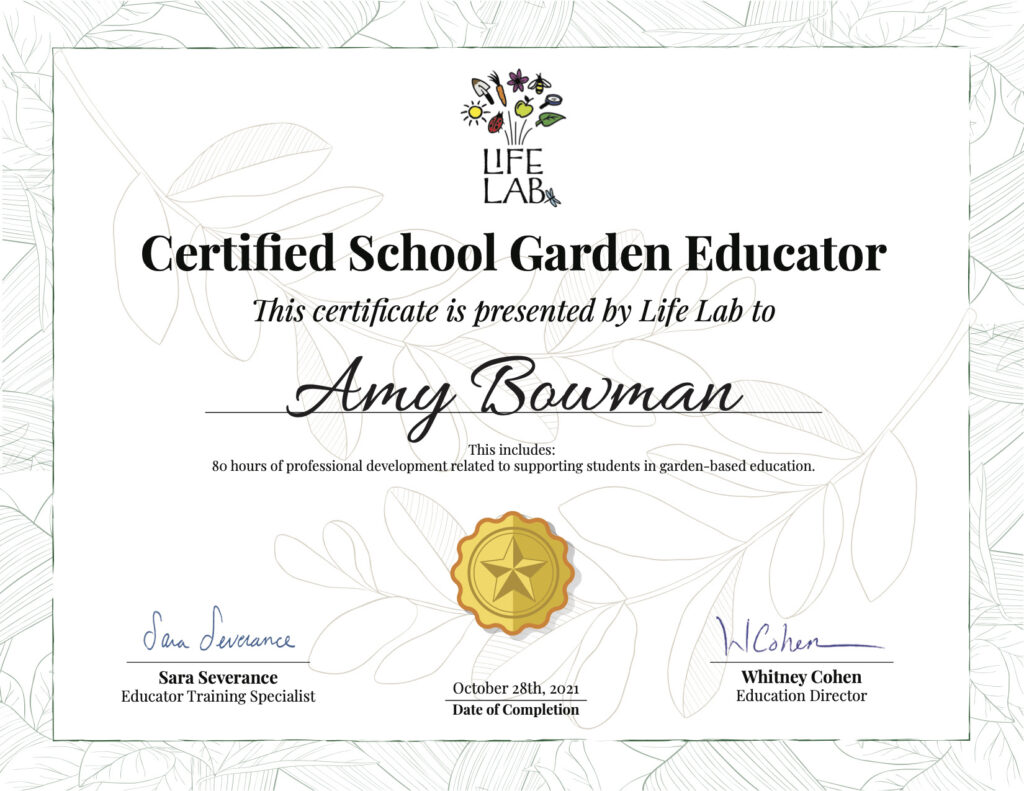
A certified garden educator inspires a love of learning, an appreciation of healthy food, and a connection to nature in every child through garden-based education! Throughout the program, participants learned how to set up their garden classroom as a safe and welcoming space that honors diversity and inclusion while supporting each child’s social and emotional wellbeing.They learned how to use a garden to breathe life into standards-based lessons based on Next Generation Science Standards (NGSS) and Common Core Language Arts and Math. Experience with tried-and-true Life Lab lessons and recipes for grades K-8 gave participants an opportunity to explore effective ways to teach nutrition and encourage kids to eat more fruits and vegetables. In addition, the courses explore different, sustainable school garden program models; planning tools to align year-round garden activities with academic and garden care goals; methods for assessing garden programs; and strategies for increasing funding.
The certification program consisted of four, 4-week courses on the following topics: Building Connections in the Garden, The Garden as a Classroom, Plant to Plate, and School Garden Sustainability. Each course consists of asynchronous assignments as well as synchronous Zoom sessions. Registration is not yet open for Spring 2022, but find more information here, including cost, availability of graduate course credit, and financial assistance opportunities.
- Categories: